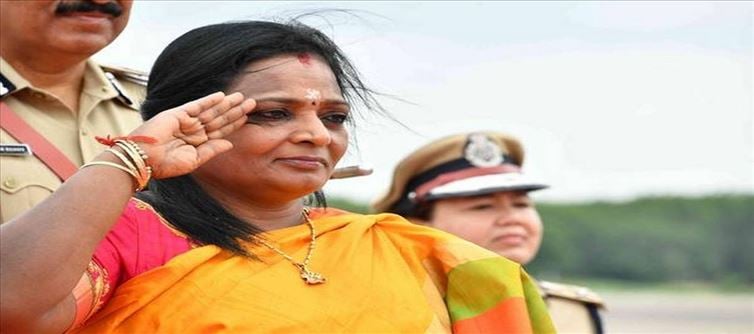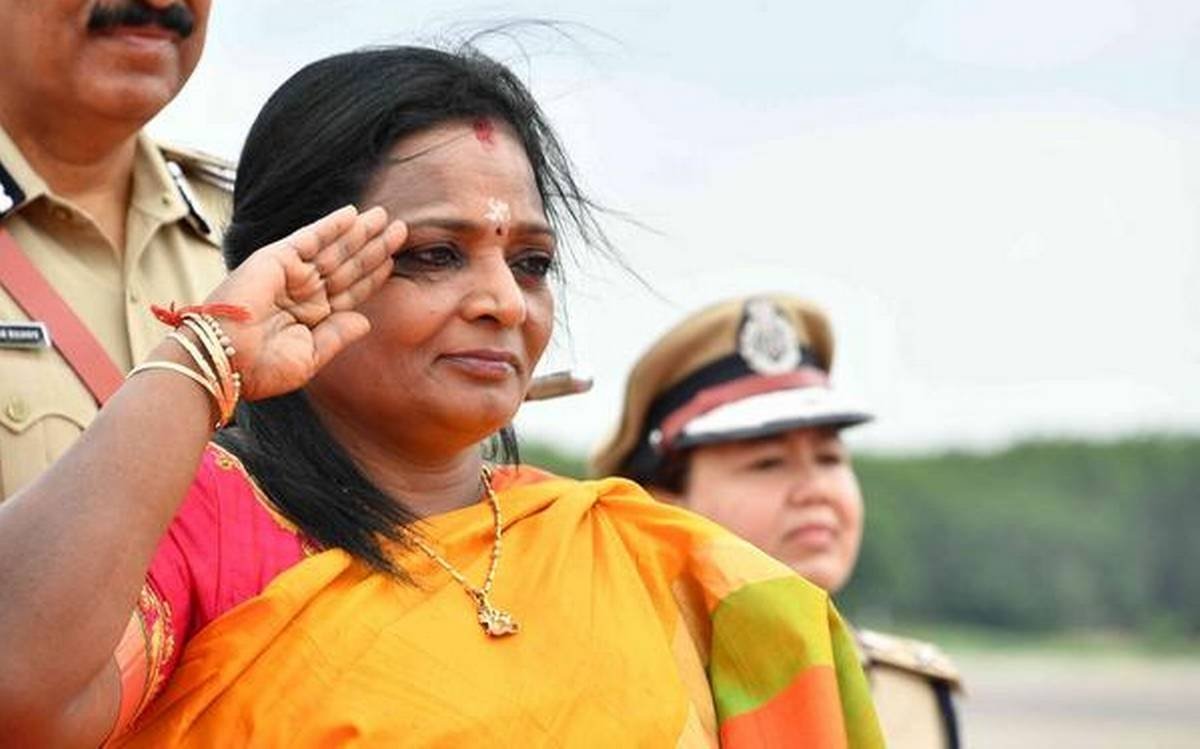
The trajectory of political leaders often follows a similar path, where aspirations collide with the realities of power and opportunity. Despite the dreams and talents of countless individuals entering politics, only a select few rise to prominent positions, and even fewer achieve their initial ambitions.

Recently, the resignation of tamilisai soundararajan, the governor of telangana State, has surprised many. She assumed the role of governor during the tenure of chief minister K. Chandrashekar Rao (KCR) in Telangana. Known for her outspoken nature, she had previously served as the bjp state president in tamil Nadu and contested unsuccessfully in parliamentary elections.
Soundararajan's tenure as governor was marked by her assertive stance, particularly in opposition to KCR's administration. However, her sudden resignation, coinciding with prime minister Narendra Modi's visit to telangana, has raised eyebrows.
Speculation abounds regarding Soundararajan's next steps. There are indications that she may contest in upcoming parliamentary elections, buoyed by a potential signal from prime minister Modi. However, some within political circles question the wisdom of returning to electoral politics after holding a constitutional position.
The decision to resign has prompted speculation about Soundararajan's motives. While some attribute it to her desire to pursue a direct electoral mandate, others suggest there may be other factors at play.
Ultimately, Soundararajan's resignation underscores the complexities and uncertainties inherent in political careers. Despite achieving significant positions, the quest for fulfillment and legacy often persists, leading individuals to navigate a delicate balance between ambition and pragmatism. As Soundararajan contemplates her next move, the political landscape awaits her decision with keen interest and curiosity.




 click and follow Indiaherald WhatsApp channel
click and follow Indiaherald WhatsApp channel